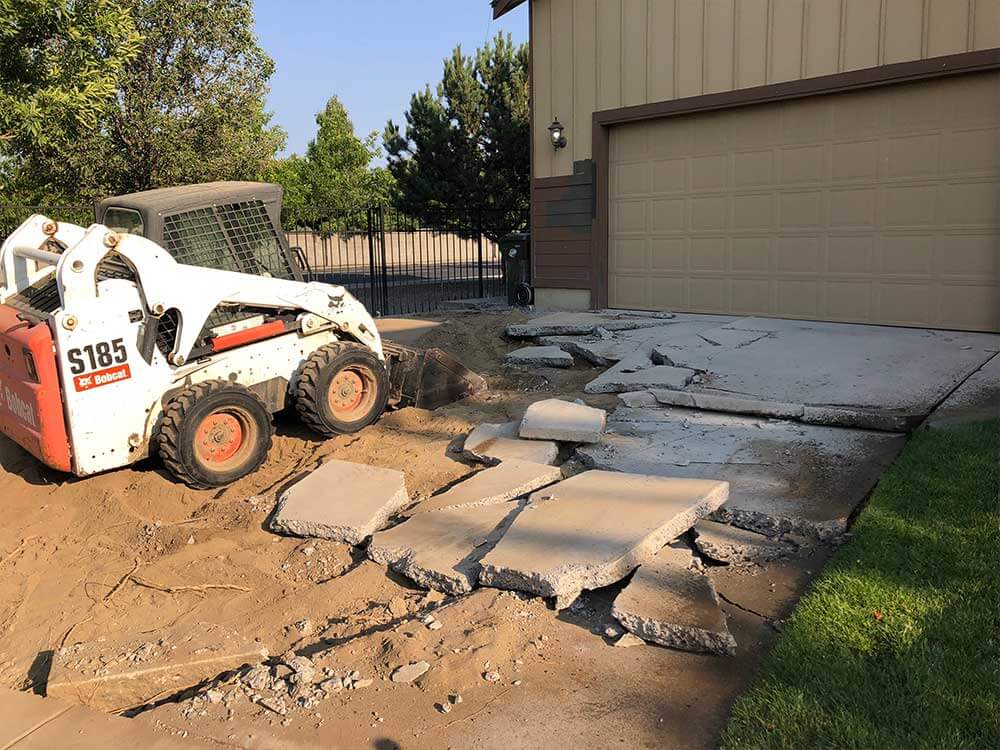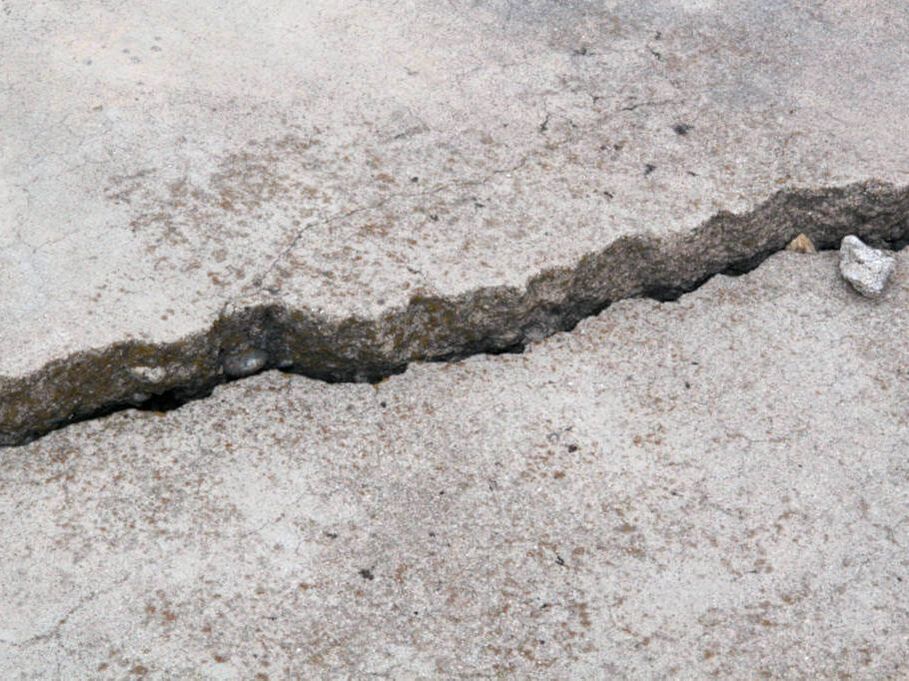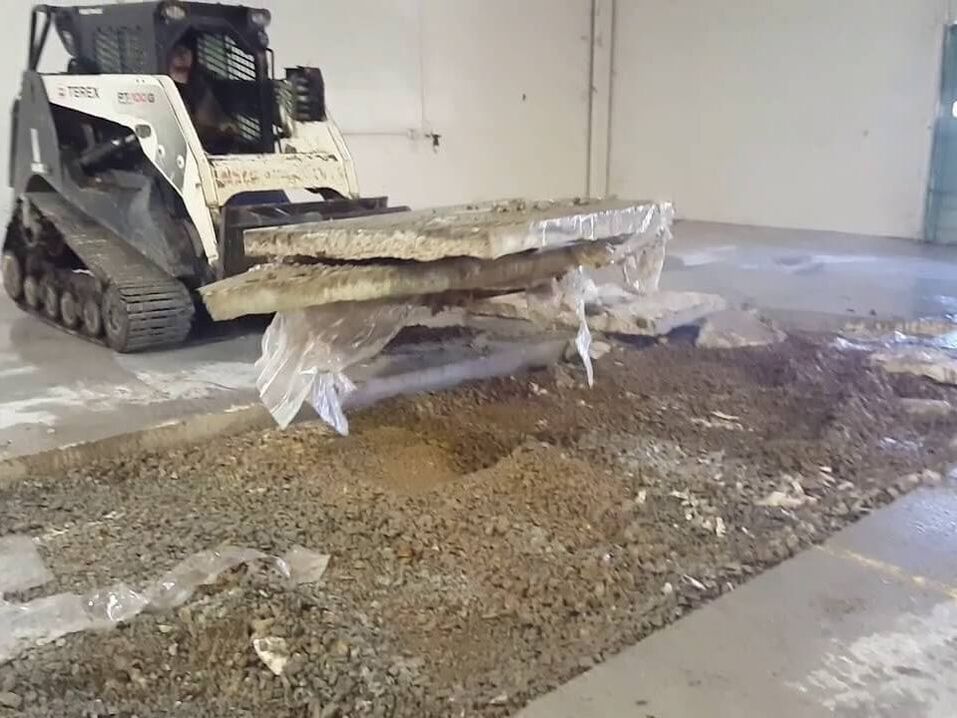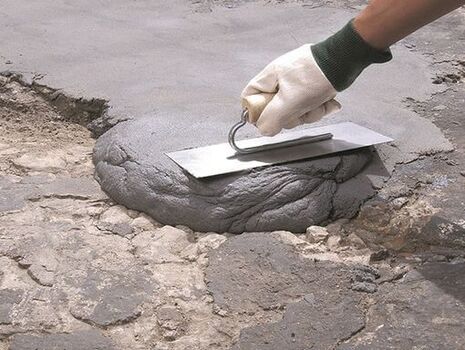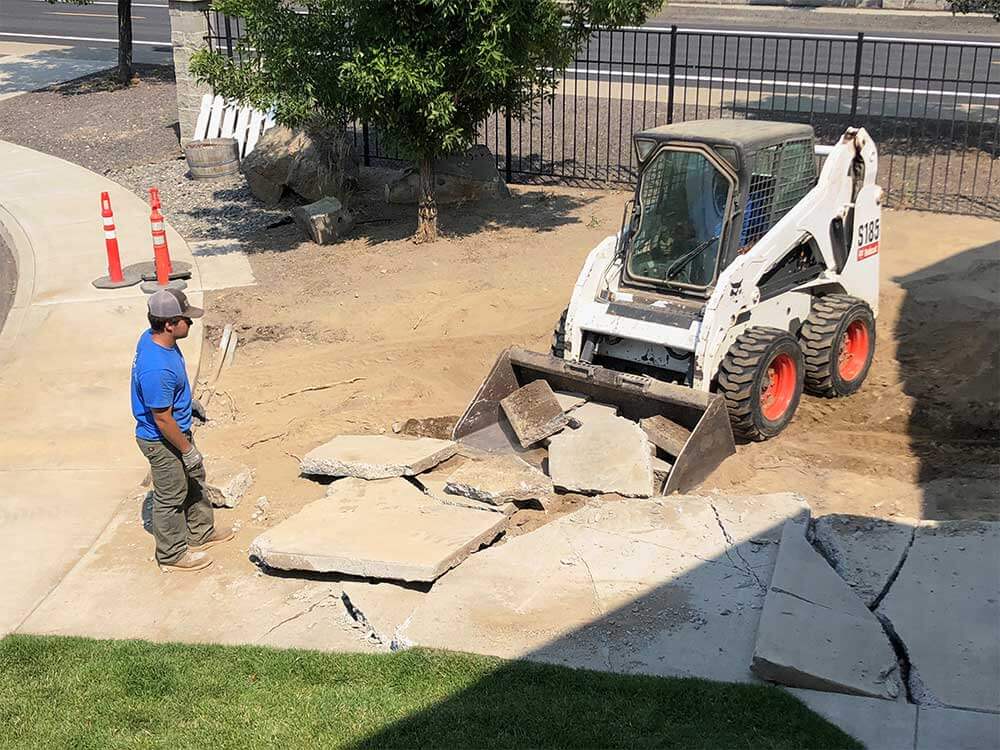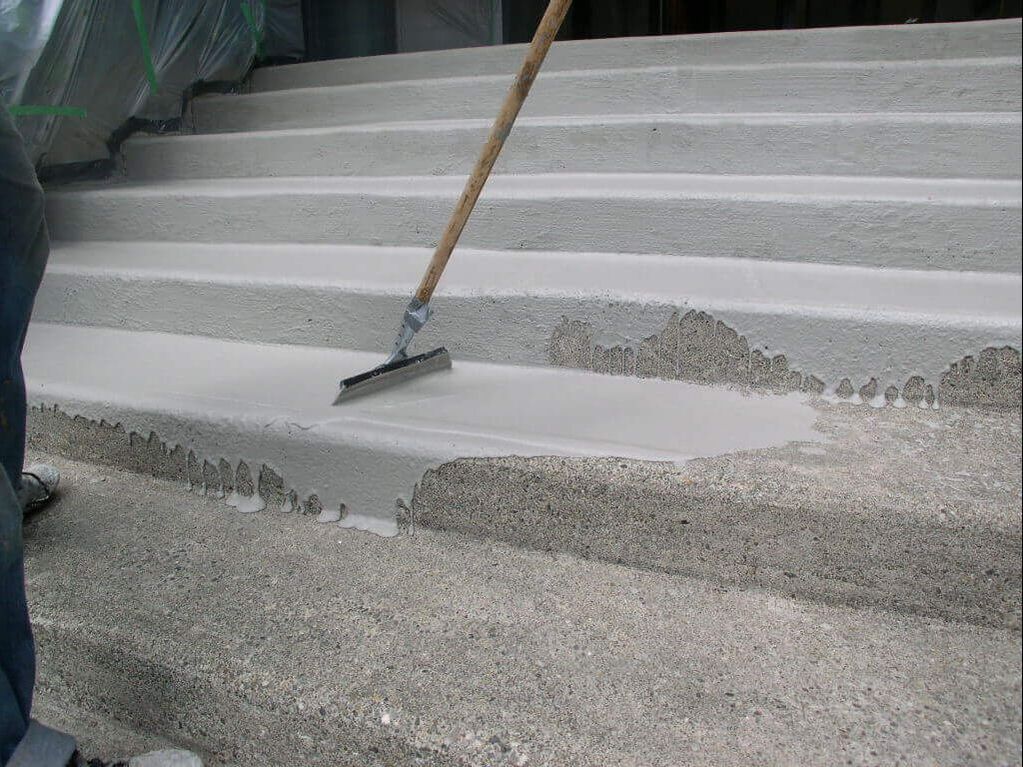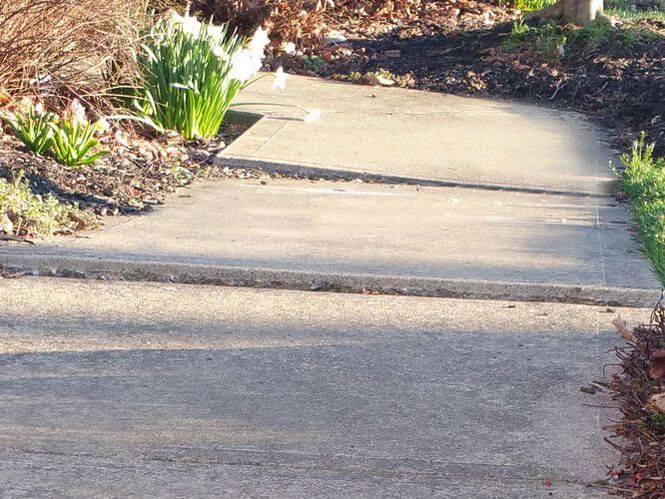Holland Concrete Repair
|
Concrete is the most widely used material in the world. Almost every foundational structure is built on it. Just like any material purchased and used, over time the material tends to weaken. Concrete does weaken over time, but even as it weakens, it is still strong enough to withhold enormous amounts of weight. When concrete does weaken, it tends to crack, chip, or settle. Holland Concrete Contractors has spent years servicing customers with concrete repair needs. There isn’t any type of concrete repair we haven’t seen. With our professional advice, we can direct you in the right direct on what steps need to be taken for your concrete repair.
Common Concrete Repair Signs:
|
When deteriorated concrete is not taken care of, you risk the chance of your concrete quickly getting worse. This can cause other underlying issues with foundations, retaining walls, and neighboring concrete slabs. As your concrete worsens without you acting on it, the more likely it is that you may need an entire concrete replacement. We do our best to avoid concrete replacements until it is necessary. If necessary, we have the heavy-duty equipment to uplift concrete, get rid of it, and replace it by pouring a fresh new slab. Make sure to take action when you notice one of the common signs of a concrete repair.
Free Estimate
Causes OF COMMON CONCRETE REPAIRS
Most of the issues that a concrete's structure may have, is uncontrollable. With proper installation, you can help control the concrete's lifespan. The three most common issues that arise and eventually may cause a need to repair, is cracking of concrete, settling, and chipping.
|
Cracking
Cracks are simply impossible to avoid. Years of natural occurrences forces concrete to crack. Larger cracks cause more serious concern. These are cracks that may either pose a safety hazard or allow water to seep underneath the foundation. When water seeps under foundations, it causes it to weaken and potentially force cracks in other unwanted areas. If you have noticed cracks within your properties concrete, it may be time for a repair or concrete replacement.
|
Chipping
Concrete chipping is when flakes/chunks of concrete start to chip off the main structure of the slab. This opens the interior of the concrete, exposing it to environmental factors that quickly diminish the concrete’s strength over time. Chipping mainly occurs on concrete slabs such as driveways, patios, or sidewalks. Concrete chipping can be caused from de-icing salts, a poorly finished concrete job, a poor concrete mixture, and the constant freezing and thawing during the harsh winters. If you have noticed your concrete chipping, call us as soon as possible. The sooner you call, the better chance we have to prevent severe structural damage to your concrete.
|
Settling
The reason your concrete is sinking is due to the soil underneath. The soil underneath the concrete slab can no longer support the weight of the concrete. The type of soil that is under your concrete slab plays a large role in sinking. Clay soil is a lot firmer than sand. Although, when clay dries, it shrinks. When it holds moisture and is wet, it expands. This constant change of state causes severe threats to your concrete settling. On the other hand, sand is a lightweight granular component that washes away easily. As water rushes under your concrete where these smaller granules of sand are, the sand tends to wash away with the water. This causes soil's strength to diminish. When this process happens over and over, it weakens the soil. Making the concrete's weight too much to handle and settling the concrete. If you have noticed your concrete settling, contact our team to figure out the next step for your concrete repair.
